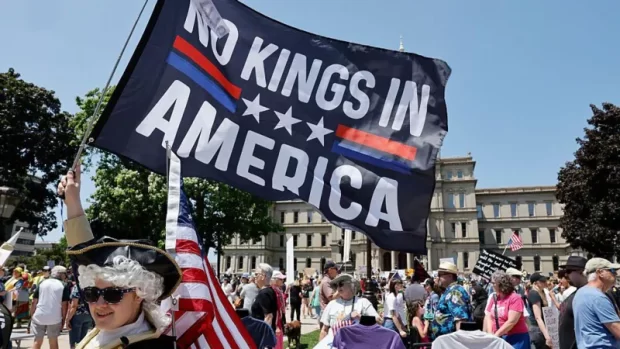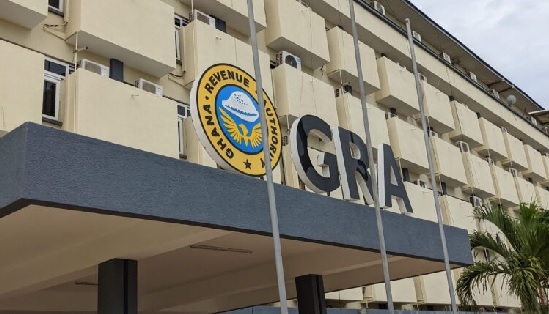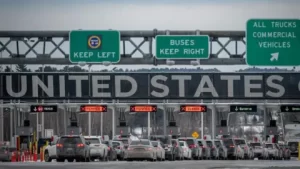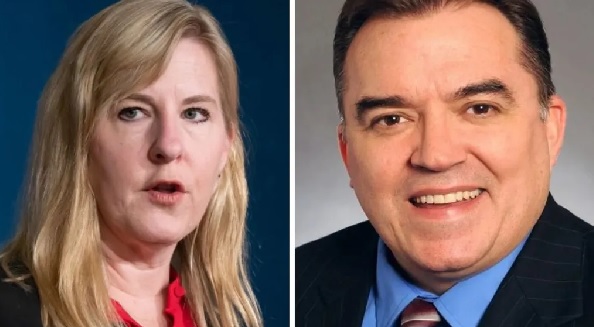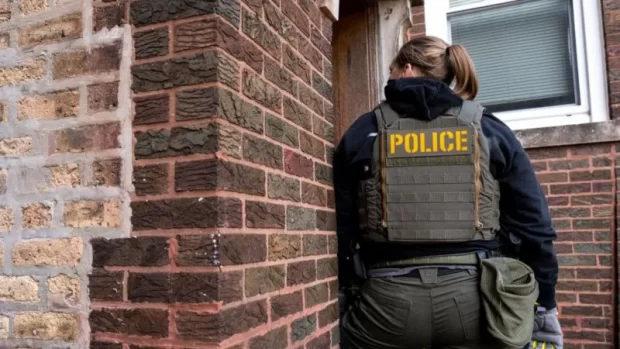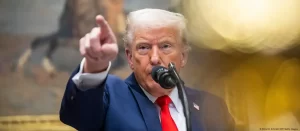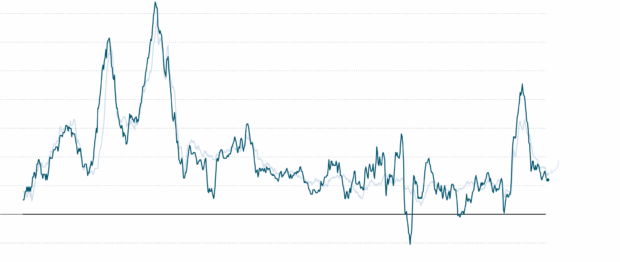
Corruption within the U.S. government is a topic of heated debate, raising concerns about ethics, accountability, and the misuse of power. From financial fraud to political favoritism, corruption affects democracy and public trust. This blog post breaks down the shocking truths exposed in the video, highlighting key cases, systemic issues, and potential solutions.
If you’re wondering how deep corruption runs in the government and what can be done to address it.
The Dark Side of U.S. Government Corruption
1. Political Bribery and Lobbying Scandals
One of the biggest revelations in the video is the role of corporate lobbying in shaping government policies. While lobbying is legal, many corporations use financial influence to push agendas that favor their interests rather than the public good. Some politicians accept donations in exchange for favorable legislation, raising ethical concerns.
2. Embezzlement and Misuse of Public Funds
The video highlights cases where taxpayer money has been misused for personal gain. From inflated government contracts to fraudulent expenditures, embezzlement remains a serious issue. In some cases, government officials funnel funds into offshore accounts, avoiding accountability.
3. Election Manipulation and Voter Suppression
A major concern in U.S. politics is the manipulation of elections through gerrymandering, voter suppression laws, and campaign finance loopholes. These tactics are often used to maintain power and prevent fair competition. The video reveals shocking details about how some politicians exploit these strategies.
4. Media Censorship and Misinformation
The role of mainstream media in shaping public perception is another crucial topic discussed in the video. Some media outlets are accused of being biased, suppressing certain narratives while promoting others that align with corporate or political interests. This raises concerns about freedom of speech and transparency.
The Consequences of Government Corruption
The impact of corruption in the U.S. government extends beyond financial losses. It erodes trust in democracy, widens wealth inequality, and weakens institutions meant to serve the public. Some of the key consequences include:
- Economic Decline: Corruption leads to mismanagement of resources, hurting businesses and economic growth.
- Public Distrust: When scandals emerge, citizens lose faith in elected leaders, reducing voter turnout.
- Weakened Justice System: Corrupt officials often avoid legal consequences, creating a two-tiered justice system.
How Can Corruption Be Stopped?
The video suggests practical solutions to combat corruption, including:
1. Stronger Anti-Corruption Laws: Implementing stricter regulations to prevent financial misconduct in politics.
2. Increased Transparency: Ensuring government transactions and contracts are publicly accessible.
3. Whistleblower Protections: Encouraging insiders to expose corruption without fear of retaliation.
4. Campaign Finance Reform: Reducing corporate influence in elections by limiting political donations.




